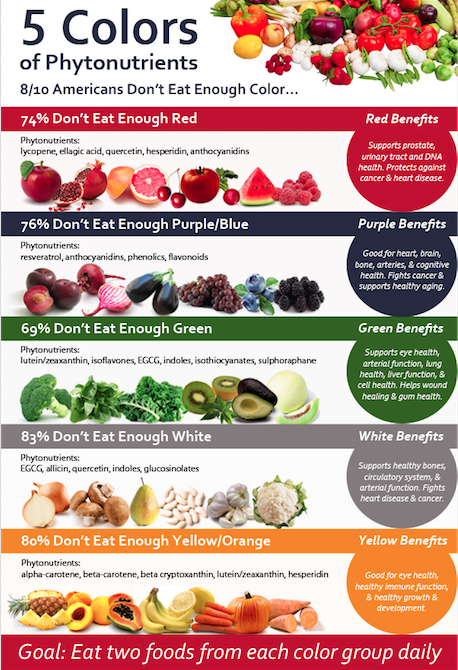Read this before buying any anti-aging skincare products
When it comes to skin-care products that can help us look younger, it is difficult to know what to use. There are so many choices, and promises of instant results or looking 10 years younger can be alluring. So alluring, in fact, that Americans spent more than $7 billion on these products in 2008.
While alluring claims sell products, the products do not always deliver. To select effective age-fighting topicals, skincare physicians say, you need to be an educated consumer. The following tips from skincare physicians can help you become an educated consumer:
#1. Product should contain a proven active ingredient.
Only a handful of active ingredients have the scientific studies to prove that they can effectively treat signs of aging. This does not mean that other ingredients do not work. It just means that the studies have not been done to back up the claims.
Active ingredients that have some evidence of effectively treating signs of aging include retinoids (may appear as retinol, retinyl, or retinoic acid on the label), alpha hydroxy acids, azelaic acid, growth factors (some), hydroquinone, kojic acid, peptides (some), and salicylic acid.
As new knowledge emerges, this list will grow. A skincare physician can tell you which active ingredients have proven effective.
#2. Use sunscreen and moisturizer.
Protect by day and repair by night is what skincare physicians recommend. Two products that science has shown can protect the skin are:
Moisturizer is another essential. A good moisturizer can plump up fine lines and make a complexion look brighter and younger. In fact, moisturizer is the secret ingredient in many products that promise visibly reduced fine lines in 24 to 48 hours.
Some people prefer a moisturizer that has sunscreen. That’s fine. Just be sure the product offers UVA/UVB protection and has an SPF of at least 30. If you will be spending the day outdoors, a broad-spectrum sunscreen must be re-applied approximately every few hours.
At night, you want to apply products that repair the skin. Sunlight inactivates many of these products or causes skin irritation.
Do take note that no one product works for everyone. While a friend may swear by a product, it does not mean you will be as pleased. People have different skin types and different skin concerns. Some people’s skin is more sensitive. As such, one product cannot effectively treat everyone’s mature skin.
Source: http://www.skincarephysicians.com/agingskinnet/age_fighting_selecting.html
References for anti-aging skincare products recommended by skincare physicians:
While alluring claims sell products, the products do not always deliver. To select effective age-fighting topicals, skincare physicians say, you need to be an educated consumer. The following tips from skincare physicians can help you become an educated consumer:
#1. Product should contain a proven active ingredient.
Only a handful of active ingredients have the scientific studies to prove that they can effectively treat signs of aging. This does not mean that other ingredients do not work. It just means that the studies have not been done to back up the claims.
Active ingredients that have some evidence of effectively treating signs of aging include retinoids (may appear as retinol, retinyl, or retinoic acid on the label), alpha hydroxy acids, azelaic acid, growth factors (some), hydroquinone, kojic acid, peptides (some), and salicylic acid.
As new knowledge emerges, this list will grow. A skincare physician can tell you which active ingredients have proven effective.
#2. Use sunscreen and moisturizer.
Protect by day and repair by night is what skincare physicians recommend. Two products that science has shown can protect the skin are:
- Sunscreen (offers UVA and UVB protection and an SPF of 30 or higher)
- Moisturizer
Moisturizer is another essential. A good moisturizer can plump up fine lines and make a complexion look brighter and younger. In fact, moisturizer is the secret ingredient in many products that promise visibly reduced fine lines in 24 to 48 hours.
Some people prefer a moisturizer that has sunscreen. That’s fine. Just be sure the product offers UVA/UVB protection and has an SPF of at least 30. If you will be spending the day outdoors, a broad-spectrum sunscreen must be re-applied approximately every few hours.
At night, you want to apply products that repair the skin. Sunlight inactivates many of these products or causes skin irritation.
Do take note that no one product works for everyone. While a friend may swear by a product, it does not mean you will be as pleased. People have different skin types and different skin concerns. Some people’s skin is more sensitive. As such, one product cannot effectively treat everyone’s mature skin.
Source: http://www.skincarephysicians.com/agingskinnet/age_fighting_selecting.html
References for anti-aging skincare products recommended by skincare physicians:
- American Academy of Dermatology. “Cosmeceuticals” (fact sheet), Issued November 2008. Last accessed May 13, 2009.
- Draelos, ZD. (editor) 2005. “Cosmeceuticals.” 1st ed. China:Elsevier Saunders.
- United States Food and Drug Administration (FDA). “Is it a Drug, a Cosmetic, or Both?” Frequently Requested Information, issued July 8, 2002. Last accessed May 14, 2009.







Comments